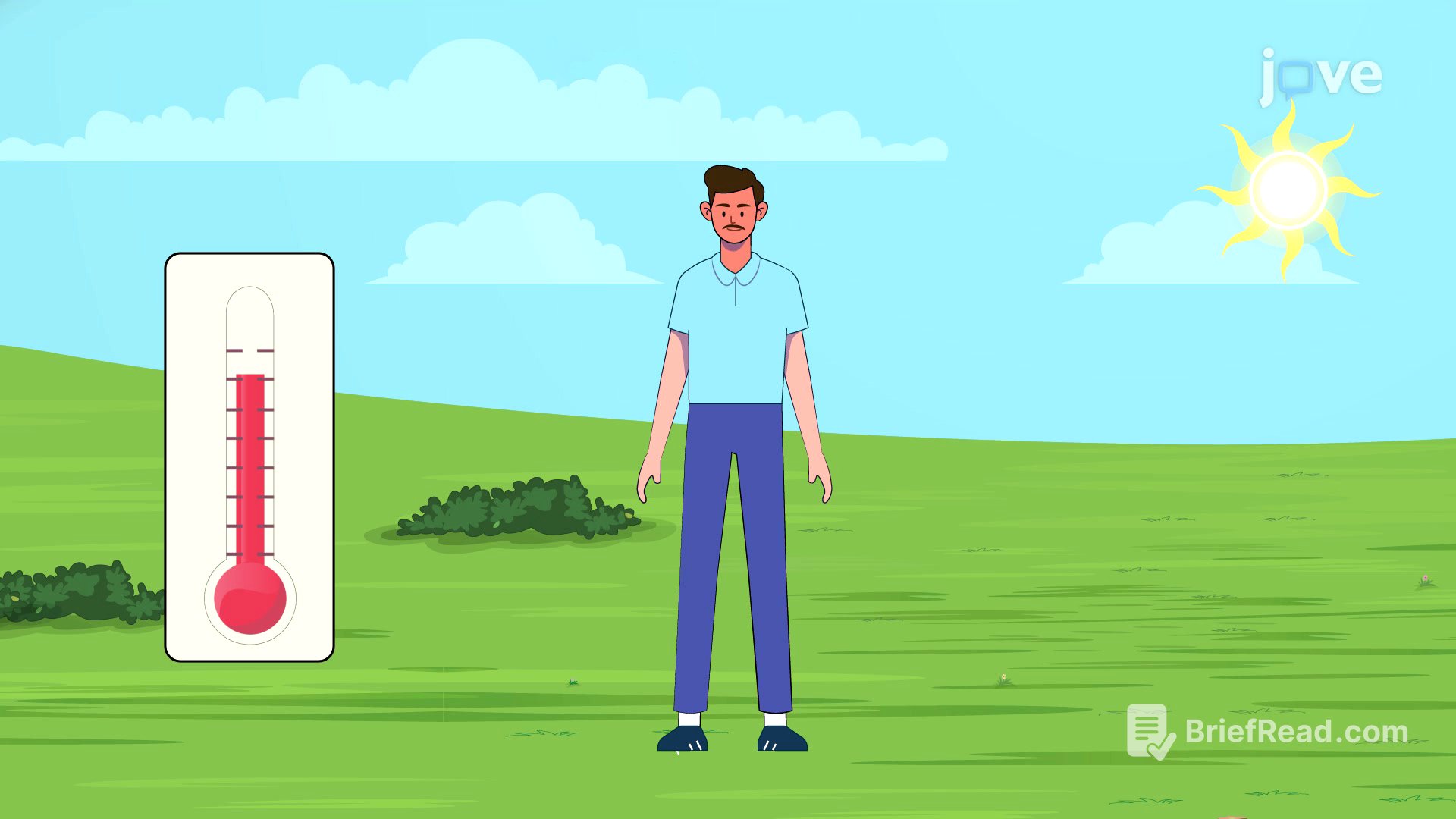TLDR;
This YouTube video by SPM IAS Academy provides an analysis of newspaper articles from July 11, 2025, covering topics relevant to the UPSC syllabus. It discusses ICC warrants against Taliban leaders, World Population Day and India's demographic dividend, the revival of the bamboo economy in Assam, and Cat Bonds. The video also includes prelims and mains practice questions for aspirants.
- ICC warrants against Taliban leaders and India's non-membership in the ICC.
- India's demographic dividend and challenges in realizing its full potential.
- Revival of the bamboo economy in Assam with a new bio-refinery.
- Cat Bonds as a mechanism for insurance companies to protect themselves against catastrophic events.
Introduction [0:00]
The video introduces the SPM IAS Academy's newspaper analysis for July 11, 2025, informing viewers that they can download a PDF version of the analysis via a link in the comment section. It then previews the topics to be covered in the analysis.
Topics of the day [0:14]
The video outlines the topics to be discussed, including ICC warrants against Taliban leaders (relevant to GS Paper 2 - International Relations and Ethics), World Population Day (GS Paper 3 - Indian Economy), revival of the bamboo economy in Assam (GS Paper 5 - Assam Issues), and Cat Bonds.
ICC warrants against Taliban leaders [0:19]
The International Criminal Court (ICC), located in The Hague, Netherlands, was established under the Rome Statute in 2002. Its primary objective is to prosecute individuals involved in genocide, crimes against humanity, and war crimes when national courts are unwilling or unable to do so. The ICC can take up cases referred by the United Nations Security Council (UASC) or member states, though it is not formally part of the UN. Major countries like India, China, and the U.S. are not members. India's non-membership is due to concerns over sovereignty, potential politicization, objections to the broad definitions of crimes, and the ICC's lack of universal application. Recently, the ICC issued arrest warrants against top Taliban leaders, Habitullah and Abdul Hakim Haqani, for imposing harsh restrictions on women under the Morality Law, which is seen as a crime against humanity. The United Nations criticized this law, using the term "gender apartheid." The International Court of Justice (ICJ), a principal organ of the UN, resolves disputes between countries regarding international law, while the Permanent Court of Arbitration handles disputes between countries, international organizations, or private parties related to bilateral law.
World Population Day [13:12]
World Population Day, celebrated annually on July 11 since 1989, aims to address population-related concerns such as reproductive health, family planning, and gender equality. The theme for 2025 is "Empowering Youth to Build the Family They Want," focusing on providing young people with the necessary information and services for family planning. India has the largest youth population globally, with 371 million people aged 15-29, and an average age of 28 years, with 63% of the population in the working-age group (15-64 years). This demographic advantage presents a significant opportunity for economic growth if the population is educated, healthy, and skilled. However, challenges such as skill gaps, the impact of Industrial Revolution 4.0, rural-urban divides, cultural factors restricting women's participation, and a preference for government jobs hinder the realization of this demographic dividend. Child marriage, despite a reduction to 23% in 2025, also remains a concern. Initiatives like Beti Bachao, Beti Padhao, and state-level projects such as Project Uran by the Rajasthan Government and Advika Program by the Government of Osa aim to address these issues. Failure to utilize the demographic dividend could lead to a demographic disaster, social crimes, and a poor ranking in the Human Development Index, as well as increased gender inequality and a lack of inclusive growth.
Revival of the Bamboo economy in Assam [26:45]
A new bio-refinery is being established in Numaligarh, Assam, set to begin operations by the end of July. This refinery will be India's first bio-refinery using second-generation ethanol technology, which involves producing ethanol from materials containing cellulose and starch, such as industrial waste, grass, and forest residue like bamboo. Unlike first-generation ethanol, which uses food crops, second-generation ethanol utilizes non-edible sources. The Numaligarh bio-refinery will convert approximately 5 lakh metric tons of bamboo annually into 49,000 metric tons of ethanol, which will be used for blending with petrol under the Ethanol Blending Policy, aiming for E20 petrol (20% ethanol, 80% petrol) by 2025. This initiative will reduce greenhouse gas emissions, decrease air pollution, and save forex reserves by reducing crude oil imports. The revival of the bamboo economy in Assam will create local jobs, generate rural livelihoods, and boost entrepreneurship in remote areas, particularly benefiting the bamboo-growing sector that faced losses due to closed paper mills.
Cat Bonds [31:52]
Catastrophe Bonds (Cat Bonds) are special bonds or securities that protect insurance companies against natural disasters like earthquakes, floods, or hurricanes. An insurance company creates a Catastrophe Bond and sells it to investors. If a disaster does not occur, the insurance company returns the money to the investors on maturity with interest. However, if a disaster occurs, the insurance company keeps the money to pay claims to those who suffered losses. This mechanism helps insurance companies minimize their economic risk in the event of a catastrophe, while investors take the risk of potentially losing money if a disaster strikes, in exchange for the possibility of earning interest if no disaster occurs.
Answer to the previous day's questions [35:18]
The video provides answers to the previous day's practice questions, correcting inaccuracies in certain statements related to the Coss for Disaster Region Infrastructure and the Agriculture Infrastructure Fund. It also clarifies the correct statements related to Optical Clock and Atomic Clock, and identifies Karnataka as the state with the most efficient population.









